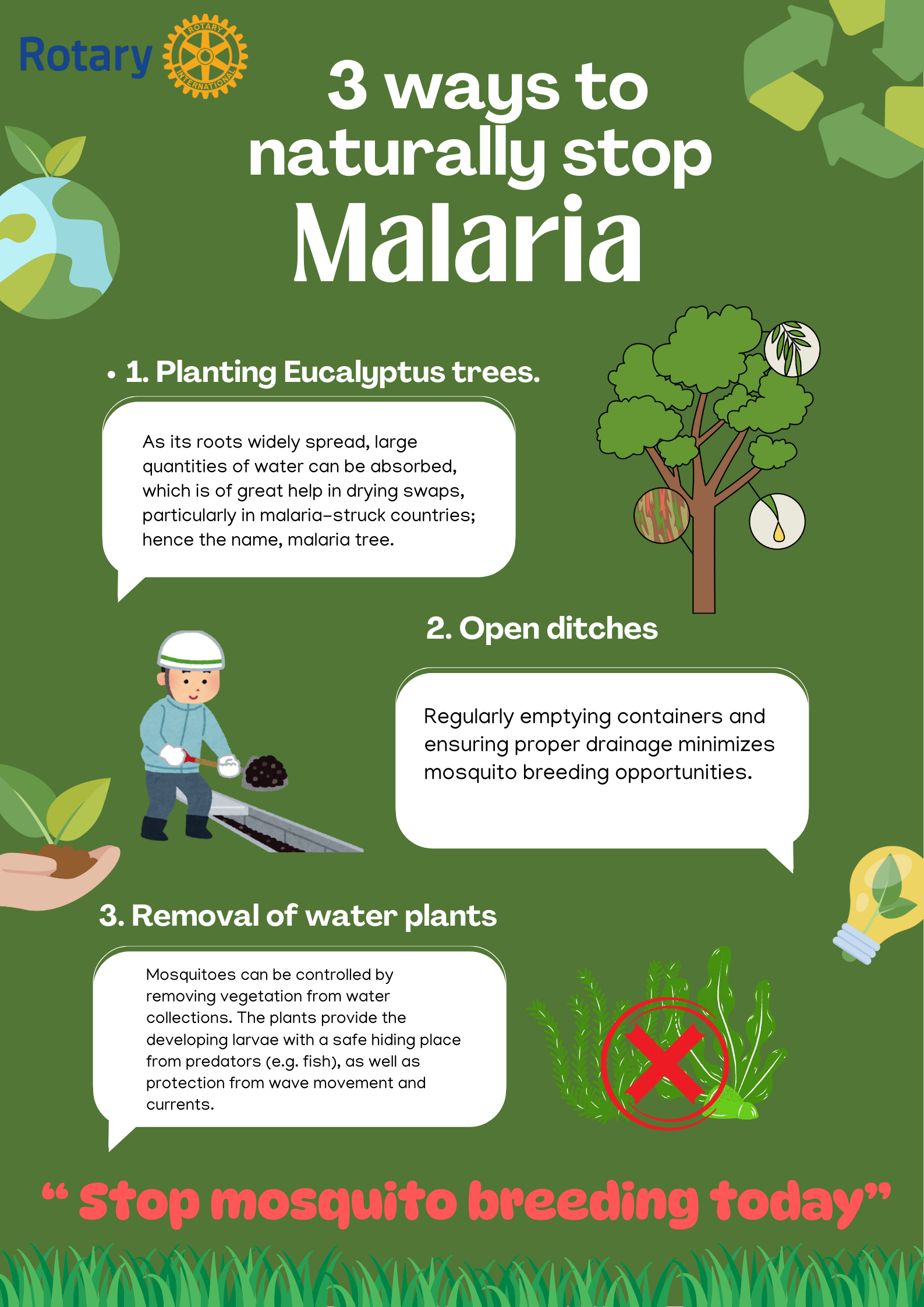Eco-friendly malaria protection is essential in the 21st century as we face growing environmental and public health challenges. Traditional chemical-based solutions, like insecticides, often harm ecosystems, contribute to insecticide resistance, and pose health risks to humans and animals. In contrast, sustainable approaches—such as natural repellents, mosquito nets, and habitat management—offer effective protection without damaging the environment. As climate change expands mosquito habitats and increases disease transmission, it’s more important than ever to adopt green, long-term strategies that protect both people and the planet.

